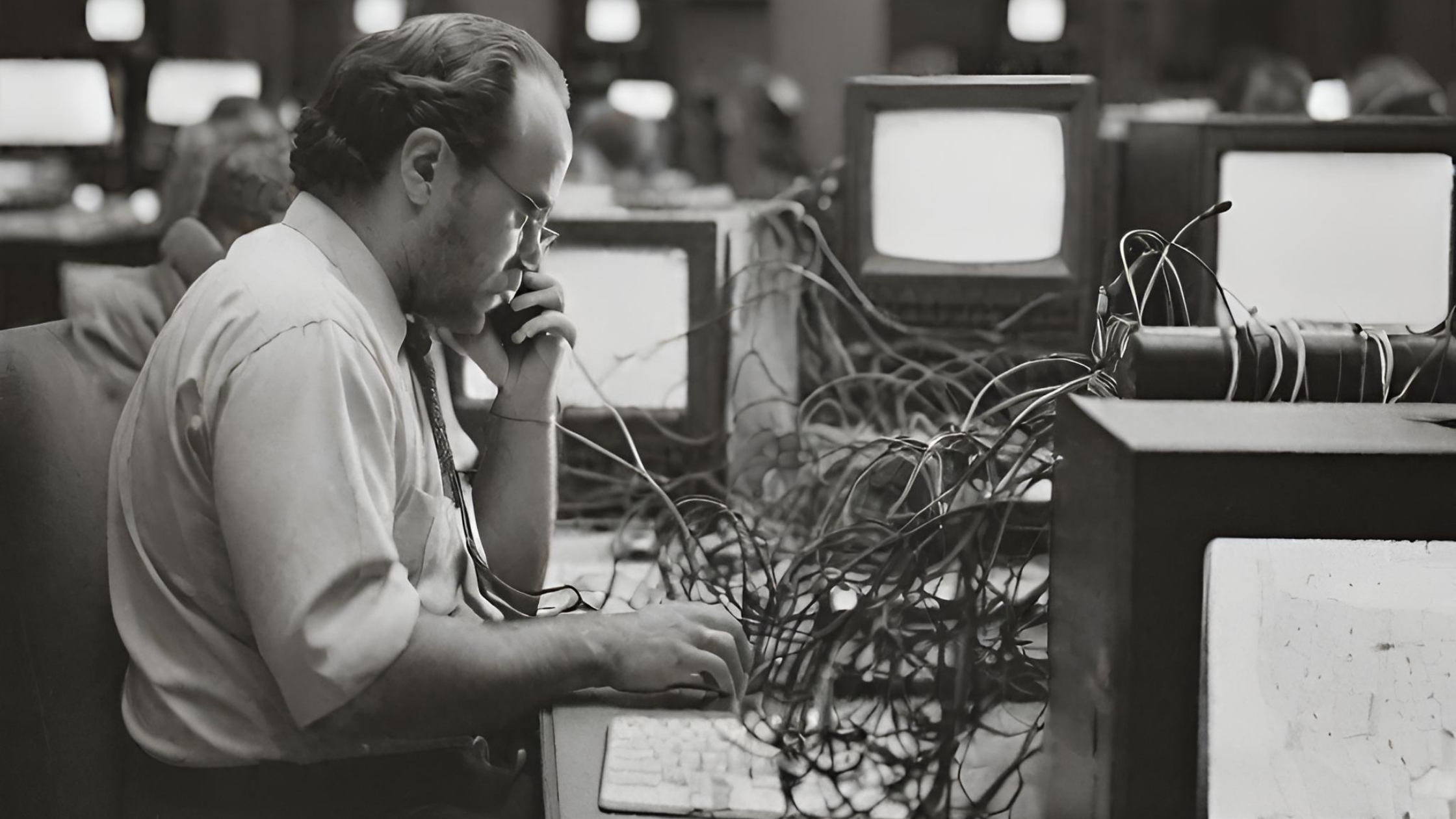Hold onto your hardhats, folks, because the industrial landscape is undergoing a seismic shift. Industry 4.0, the fourth Industrial Revolution, is upon us, powered by a tsunami of technological advancements that are transforming how we design, manufacture, and distribute products.
What exactly is Industry 4.0?
Imagine factories where machines talk to each other, robots collaborate seamlessly with humans, and entire production lines autonomously optimize themselves based on real-time data. That’s the essence of Industry 4.0. It’s a fusion of cutting-edge technologies like:
- Industrial Internet of Things (IIoT): Sensors embedded in machines collect and share data, enabling real-time monitoring and predictive maintenance.
- Artificial Intelligence (AI) and Machine Learning (ML): Machines analyze data to identify patterns, optimize processes, and even make autonomous decisions.
- Cyber-physical systems (CPS): The physical and digital worlds merge, with machines interacting with each other and the environment through software.
- Cloud containers and Big Data: Massive datasets are analyzed and stored in the cloud, providing insights for improved decision-making.
The Impact of Industry 4.0: Reshaping the Industrial Landscape
Industry 4.0 isn’t just hype; it’s a game-changer with far-reaching implications. Here are some of the key impacts:
- Increased efficiency and productivity: Smarter machines and optimized processes lead to faster production, reduced waste, and lower costs.
- Improved product quality and innovation: Real-time data analysis allows for continuous quality improvement and the development of personalized, customized products.
- Enhanced worker safety and well-being: Collaborative robots and automated tasks reduce risks for human workers, leading to a safer work environment.
- New business models and opportunities: Data-driven insights and connected ecosystems open doors to innovative business models and service-oriented offerings.
Challenges and Opportunities: Navigating the Fourth Industrial Revolution
While Industry 4.0 holds immense promise, there are challenges to consider:
- Cybersecurity threats: Increased connectivity introduces new vulnerabilities that require robust cybersecurity measures.
- Workforce disruption: Automation may displace some jobs, necessitating reskilling and upskilling initiatives.
- Ethical considerations: The use of AI and data raises questions about privacy, bias, and responsible development.
However, these challenges are also opportunities for innovation and collaboration. By embracing Industry 4.0 responsibly and strategically, we can unlock a future of sustainable, efficient, and human-centric manufacturing.
Ready to join the Industry 4.0 revolution?
Stay informed, upskill your workforce, and embrace new technologies with robust IT strategies. Remember, the future of manufacturing is collaborative, data-driven, and adaptable. Let’s work together to ensure Industry 4.0 benefits all stakeholders and paves the way for a brighter industrial future.
#Industry4point0 #IIoT #AI #ML #CloudComputing #BigData #Manufacturing #Cybersecurity #Workforce #Innovation #FutureofWork




